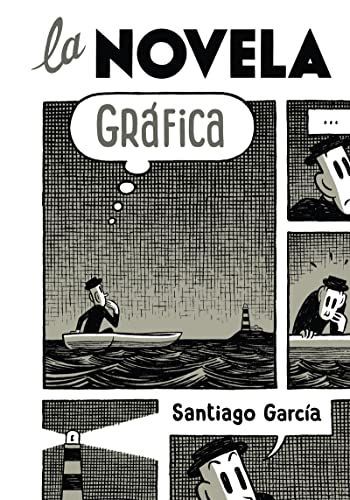
On the Graphic Novel
A noted comics artist himself, Santiago García follows the history of the graphic novel from early nineteenth-century European sequential art, through the development of newspaper strips in the United States, to the development of the twentieth-century comic book and its subsequent crisis. He considers the aesthetic and entrepreneurial innovations that established the conditions for the rise of the graphic novel all over the world. García not only treats the formal components of the art, but also examines the cultural position of comics in various formats as a popular medium. Typically associated with children, often viewed as unedifying and even at times as a threat to moral character, comics art has come a long way. With such examples from around the world as Spain, France, Germany, and Japan, García illustrates how the graphic novel, with its increasingly global and aesthetically sophisticated profile, represents a new model for graphic narrative production that empowers authors and challenges longstanding social prejudices against comics and what they can achieve.